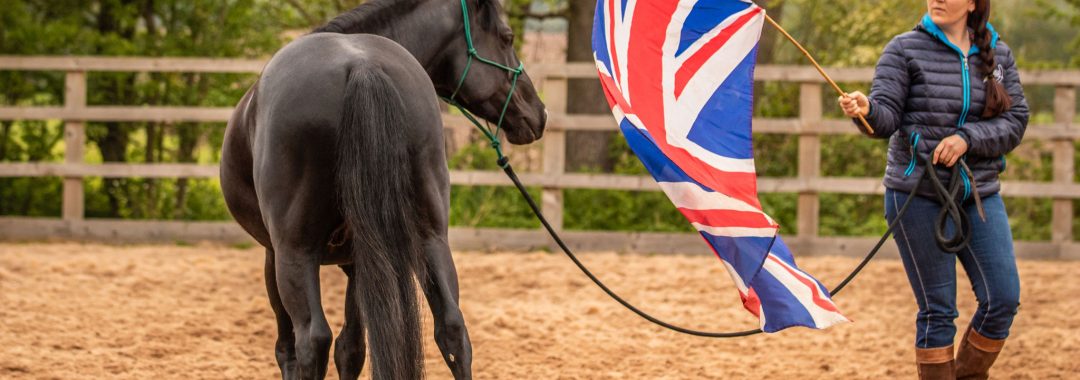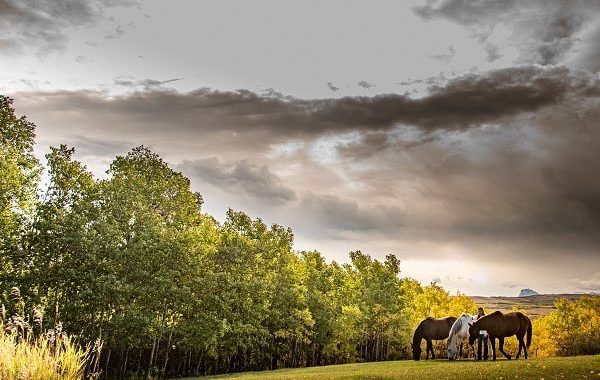So, you’re suited and booted, you’ve arrived at the show ground, do any of these sound familiar…?
-You’ve already been to the toilet 4 times and you need to go again!
-Your Stomach is full of butterflies…and not the good kind!
-You’re stressed out and irritable with your designated helper for the day (shoutout to the long suffering husbands/boyfriends/girlfriends/parents etc!)
-You’re terrified the second you enter the arena that you’ll forget what you’re supposed to be doing!
-Your body feels so full of adrenaline that you feel like you won’t be able to physically function when you compete
-You can’t breathe properly or hold your breath all together when you show
-You feel so nervous you want to puke!
Did I miss any?!
Here’s the thing. Competing DOES NOT have to feel like this! Competing is supposed to be fun, and it is possible for you to go out, enjoy yourself, focus, and to feel proud of your and your horses progress.
Here are some handy tips below!
Tip 1: Establish a Consistent Routine
Many riders feel anxious because they lack a set routine, leading to last-minute stress and confusion. A consistent routine is your best friend when it comes to reducing anxiety and ensuring you’re well-prepared for competition. This includes your training schedule, pre-competition rituals, and even the way you warm up before your event. A routine creates a sense of normalcy and can significantly reduce last-minute jitters and disorganisation.
Start by mapping out your week leading up to the competition. Schedule specific times for training, rest, and mental preparation. Stick to this plan as closely as possible to build familiarity and confidence.
Tip 2: Practice Visualisation
Visualisation is a powerful tool for boosting confidence and readiness. Spend a few minutes each day imagining a perfect performance. This mental rehearsal can significantly improve your focus and preparedness.
Some riders struggle with negative thoughts, imagining everything that could go wrong instead of focusing on what could go right. Start to counter negative thoughts by consciously replacing them with positive images. Visualise every detail, from your entrance to your flawless execution and even your victorious exit. The more vividly you imagine success, the more likely you are to achieve it.
Tip 3: Utilise Mindful Breathing Techniques
Deep, controlled breathing can help you stay calm and focused, both during preparations and in the heat of competition. Mindful breathing reduces anxiety and helps maintain composure. An is practice you can implement daily is to inhale deeply through your nose, hold for a few seconds, and then exhale slowly through your mouth. This helps lower your heart rate and reduce anxiety, making it easier to maintain composure.
Tip 4: Focus on Positive Affirmations
What we tell ourselves can have a profound impact on our performance. Positive affirmations boost self-belief and help keep negative thoughts at bay. Self-doubt is a very common problem, and we as equestrians often criticise ourselves harshly, undermining our confidence. An easy suggestion to implement is to create a list of positive affirmations that resonate with you, such as “I am prepared and confident” or “I ride with grace and skill.” Repeat these affirmations daily, especially before your competition, to reinforce a positive mindset.
Tip 5: Ensure Adequate Rest and Recovery
Both you and your horse need time to rest and recuperate to perform at your best. Overtraining can lead to burnout and increased stress levels, negatively affecting performance. Try to schedule regular rest days and make sure you’re getting enough sleep each night. Listen to your body and your horse’s needs, and don’t hesitate to take a break if you’re feeling overwhelmed. A well-rested rider and horse are more likely to excel!
To conclude, try these five tips: establish a consistent routine, practice visualisation, utilise mindful breathing techniques, focus on positive affirmations, and ensure adequate rest and recovery. By integrating these tips into your preparation, you can overcome common mindset issues and perform at your best in the show ring, whatever your discipline!
If you found these tips helpful and want to dive deeper into improving your competition mindset, I now offer a comprehensive (and completely tailored to you) Equestrian Mindset & Hypnotherapy Package ‘The Competitor Package’ designed to boost your confidence, enhance focus, and reduce anxiety when competing.
To find out more, drop me an email at info@idyllwildhorsemanship.com and I’ll be happy to provide you with more information and get you started!

